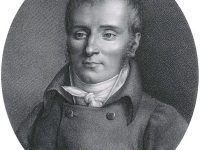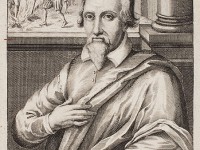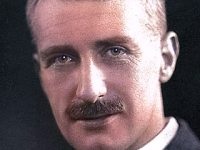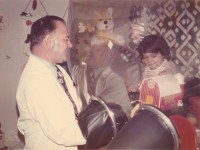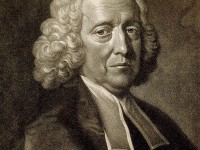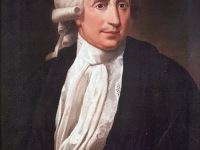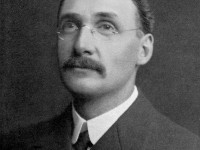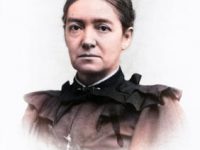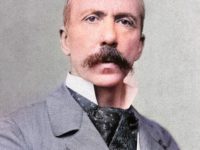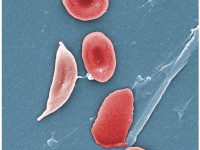Xavier Bichat – the Father of Histology
On November 14, 1771, French anatomist and pathologist Marie François Xavier Bichat was born. Bichat is known as the father of histology. Although working without the microscope, Bichat distinguished 21 types of elementary tissues from which the organs of human body are composed. “Life is that group of functions which resist death.” – Marie François Xavier Bichat Francois Xavier Bichat – Youth and Education François Xavier Bichat was born the son of the doctor…
Read more

